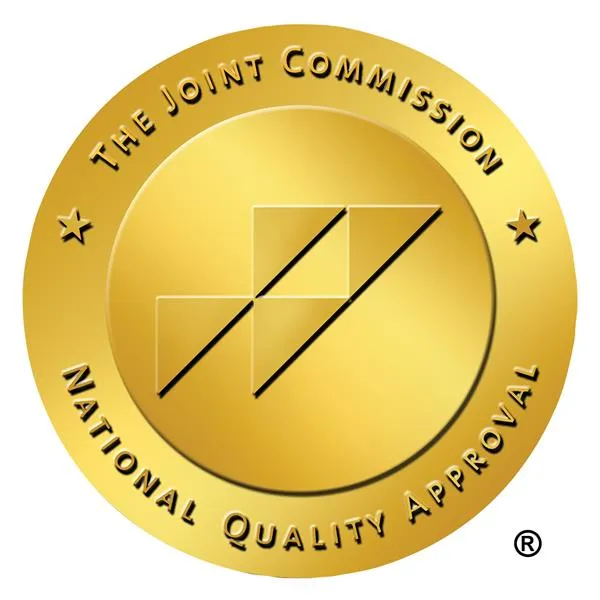Being a speech-language pathologist (SLP) is a rewarding healthcare career worth pursuing as it’s a stable, well-paying profession that allows you to help those in need. In this article, we discuss the answers to the most commonly asked questions regarding the SLP profession to better understand if it’s the right healthcare job for you.
What is a speech-language pathologist or SLP?
An SLP is a healthcare professional who helps treat people with speech, language, social and cognitive communication, and swallowing issues due to health conditions, injuries, or disorders. SLPs work directly with babies, children, and adults and help address their communication and swallowing difficulties, allowing them to communicate more effectively and drink and eat safely.
Is a speech-language pathologist different from a speech therapist?
An SLP is also referred to as a speech therapist. SLPs or speech therapists assess patients and assign effective exercises and treatments to address their specific challenges and needs.
What are the job responsibilities of a speech-language pathologist?
To treat patients’ communication and swallowing challenges, SLPs perform a wide range of day-to-day tasks, including:
· Assess or diagnose speech, language, communication, and swallowing disorders or conditions.
· Create a specialized treatment plan for each patient.
· Coordinate and collaborate with other healthcare professionals from other disciplines to align patients’ treatment goals, progress, and response.
· Teach patients, family members, and caregivers about patients’ exercises, activities, and goals.
· Help patients, family members, and caregivers understand how to deal with the challenges associated with communicating and swallowing difficulties.
· Help patients learn to form sounds, speak more clearly, and communicate easily.
· Develop exercises to help patients strengthen their muscles to facilitate speaking or swallowing.
· Help patients boost the number of words they can say and understand and help them improve how they choose the words they use in sentences.
What are the steps to become a speech therapist?
1. Complete a Bachelor’s Degree Program
The first step in your journey to becoming a speech-language pathologist is to enroll and complete an undergraduate degree from a good higher education institution or college. Popular undergraduate majors include:
· Communication and Sciences Disorders (CSD)
· Psychology
· Linguistics
· Language Development
· Education
· English
2. Earn an SLP Master’s Degree
Next, you need to earn a master’s degree in speech-language pathology in a learning institution that’s accredited by the American Speech-Language Hearing Association (ASHA). This applies whether you want to pursue an SLP career in a clinical or school setting.
Part of your master’s program is undergoing a clinical internship, which allows students to learn from licensed SLPs and practice what they’ve learned in at least three clinical settings.
3. Pass the national SLP exam
After earning your SLP Master’s Degree, you need to get a passing score in the Praxis Examination in Speech-Language Pathology. To pass this exam, which is commissioned by ASHA and facilitated by the Educational Testing Service (ETS), you need to get a score of 162 out of 200. Passing the Praxis exam is a prerequisite to getting a State Professional License. It’s important to note that your state’s Praxis score might be different from that of ASHA’s.
4. Become licensed
To work as an SLP, you must secure a State Professional License. Each state has varying requirements, including education, examination, and age conditions. You must also make sure that you have your original school transcripts, complete all necessary application forms, and pay a licensure and registration fee.
After you’ve successfully gotten your speech-language pathologist license, you’re ready to find a job that aligns with your preferences and needs. At Meda Health, we match healthcare professionals such as SLPs to jobs that match their personal and professional goals. Explore our job openings here.

